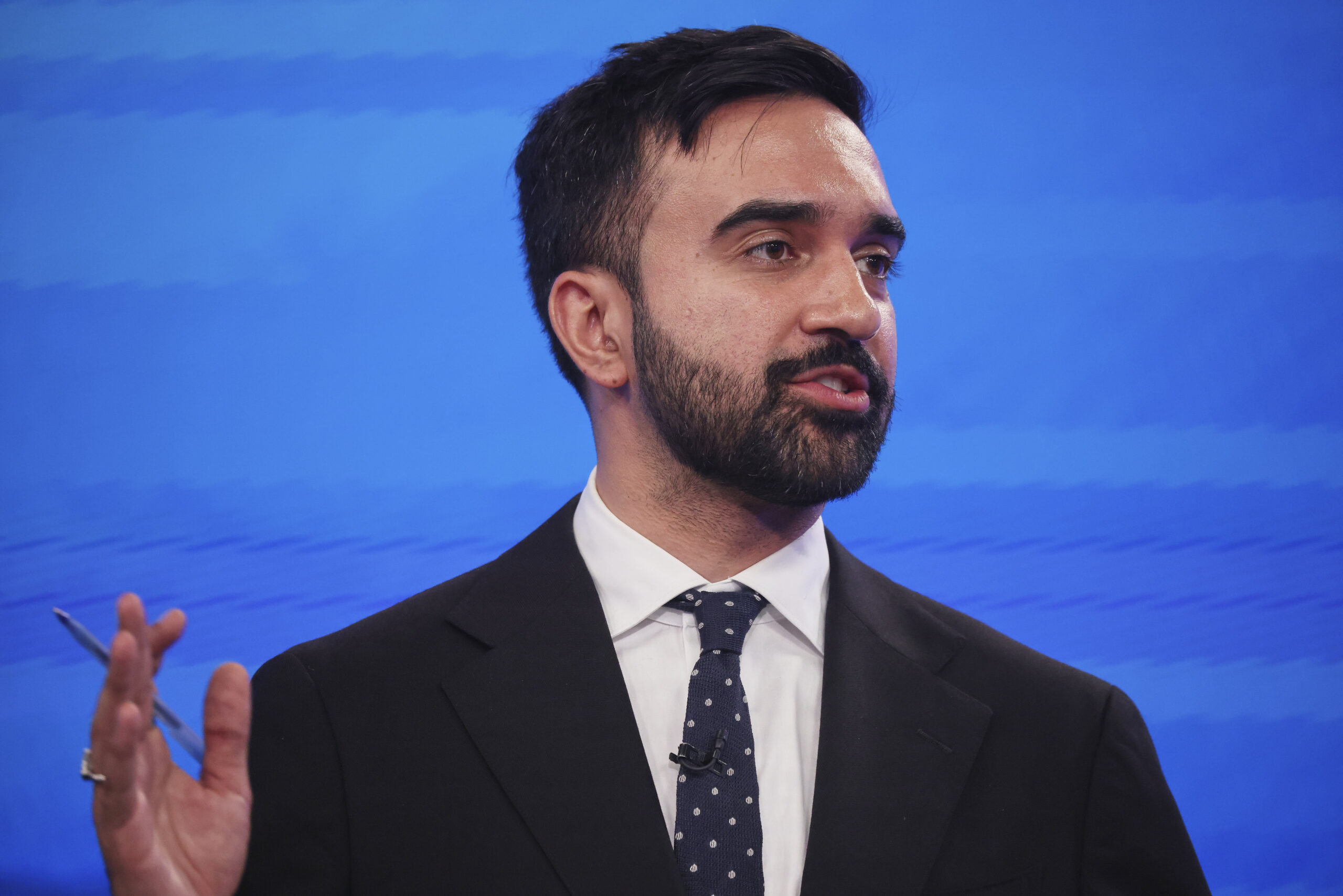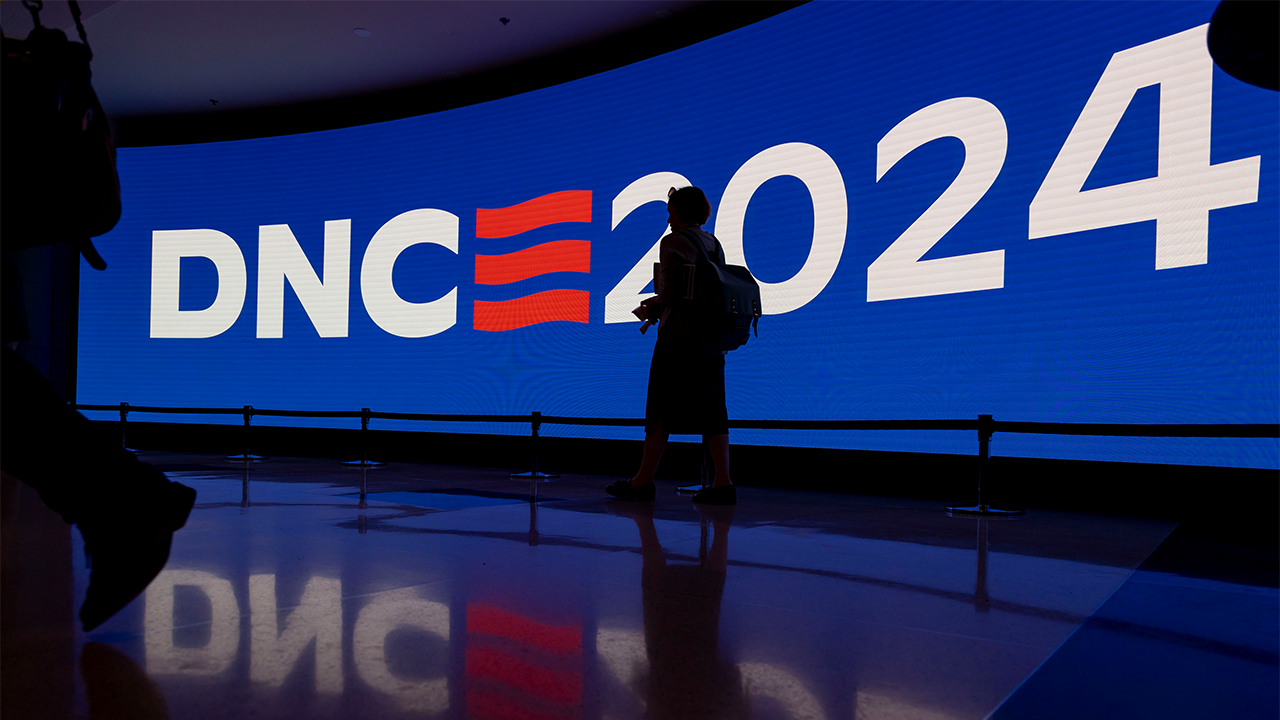Is New York's Campaign Finance System Rigged? Concerns Raised Over Funding Boost for Zohran Mamdani's Mayoral Run

New Yorkers are being led to believe that the publicly funded New York City Campaign Finance Board (CFB) is creating a fair playing field for the upcoming mayoral election and other local races. However, a closer look reveals a potentially troubling reality: the system may be disproportionately benefiting certain candidates, specifically Zohran Mamdani.
The CFB, established to reduce the influence of money in politics and promote broader participation, operates under a complex system of matching small-dollar donations with public funds. While the intention is laudable, critics argue that the current framework is being exploited by a network of far-left groups to funnel funds towards candidates like Mamdani, effectively rigging the system in their favour.
The core of the issue lies in the CFB's matching program. Donations of $250 or less from New York City residents are matched with public funds at an 8-to-1 ratio. This means a relatively small donation can be amplified significantly, giving candidates who receive a large volume of small donations a considerable financial advantage. What's more concerning is the alleged coordination between multiple organizations – often with overlapping membership and shared ideological goals – to generate these small donations.
Investigations have uncovered a web of interconnected groups actively encouraging their members to donate to Mamdani's campaign. These groups, often operating under the guise of grassroots activism, are allegedly coordinating their efforts to maximize the impact of the matching program. While individual donations are small, the cumulative effect of these coordinated contributions can be substantial.
The implications of this alleged manipulation are far-reaching. It undermines the integrity of the electoral process, raises questions about the fairness of the CFB, and potentially distorts the will of the voters. If the system is perceived as rigged, it can erode public trust in government and discourage participation in democratic processes.
Critics argue that the CFB needs to implement stricter regulations to prevent such coordinated fundraising efforts. Suggestions include enhanced scrutiny of donor networks, limitations on the number of organizations that can participate in the matching program, and increased transparency regarding the sources of funding for campaigns. The current system, they contend, needs reform to ensure a truly level playing field for all candidates.
The debate over the CFB's fairness and effectiveness is likely to intensify as the mayoral election approaches. Whether the concerns about manipulation are substantiated or not, the discussion highlights the ongoing challenges of balancing campaign finance reform with the principles of free speech and political participation. Ultimately, the goal should be to create a system that promotes fairness, transparency, and genuine voter engagement.
The future of New York City's mayoral race, and the integrity of its campaign finance system, hinges on addressing these critical questions. The public deserves a system that is both equitable and accountable, ensuring that the voices of all New Yorkers are heard.






